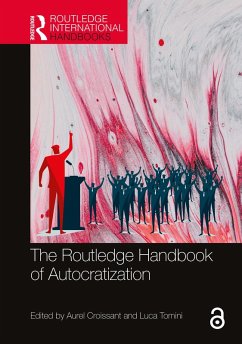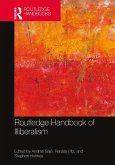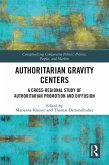Dieser Download kann aus rechtlichen Gründen nur mit Rechnungsadresse in A, B, BG, CY, CZ, D, DK, EW, E, FIN, F, GR, HR, H, IRL, I, LT, L, LR, M, NL, PL, P, R, S, SLO, SK ausgeliefert werden.
Nancy Bermeo, Oxford University, UK
"Authoritarianism, autocratization, backsliding: these concepts have defined a wide-ranging and fecund research agenda. This collection gathers thoughtful essays by a 'who's who' in the study of autocratization. The volume is organized in a particularly useful way, considering questions of conceptualization, measurement, and the causes as well as effects of backsliding and authoritarian regress. An added benefit is a cluster of essays that review the phenomenon through a regional lens, capturing nuances we can miss taking a global approach. An important and well-timed collection that surveys the most pressing political problem of our time."
Stephan Haggard, University of California San Diego, USA









